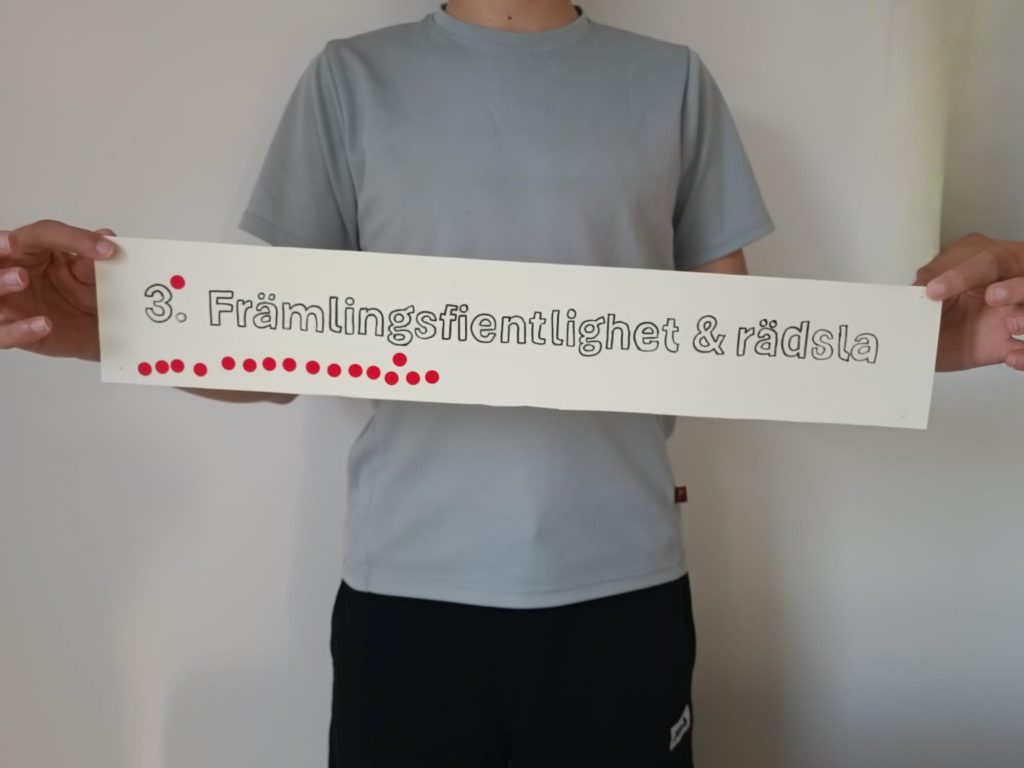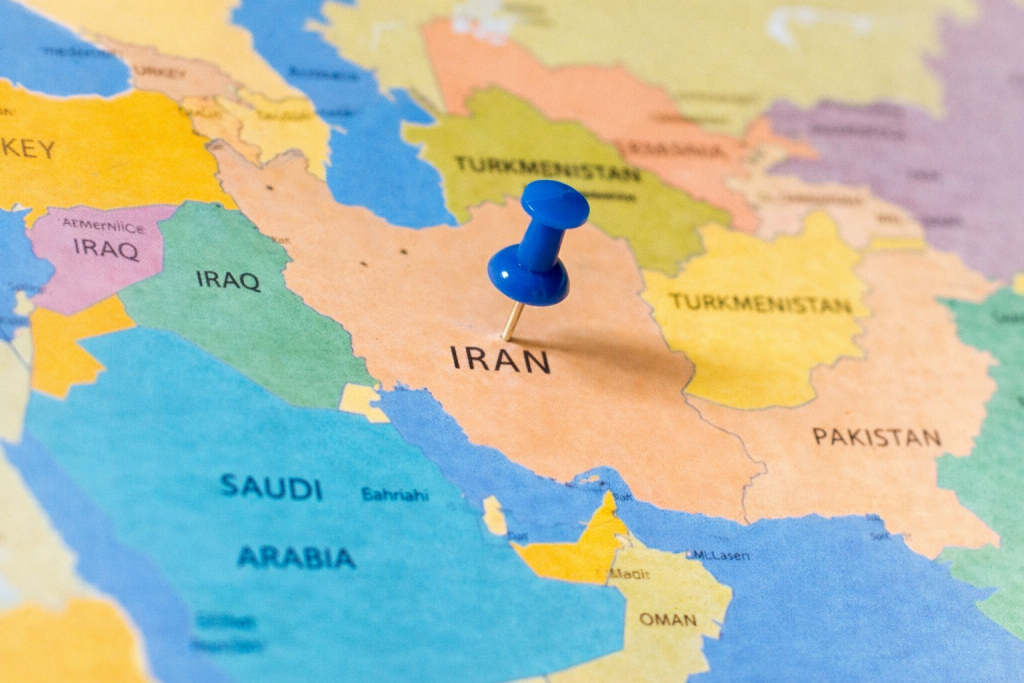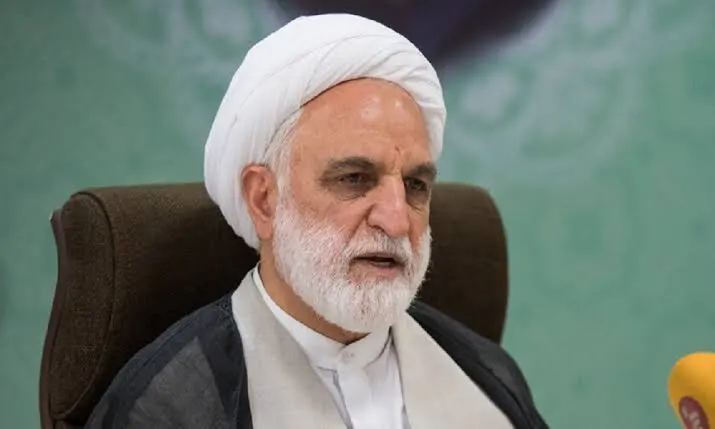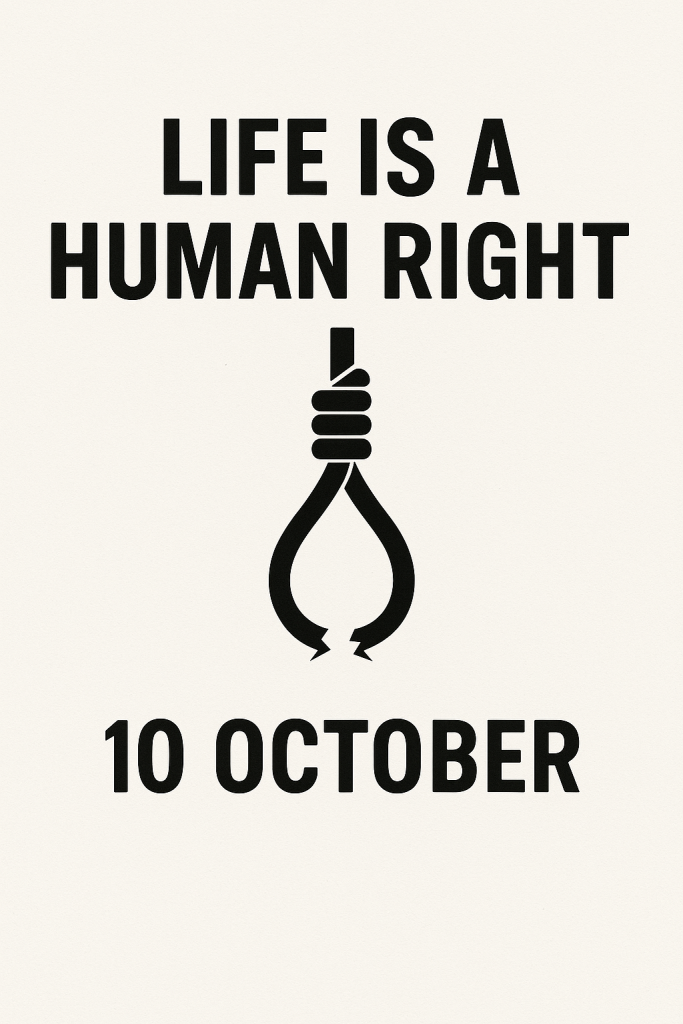On August 23, the Antiracist Festival took place at Järfälla Folk High School, bringing together organizations, activists, artists, and citizens in a strong celebration of solidarity against racism.
The festival opened with the Antiracist Network (ARN) and ABF, followed by an engaging keynote from Klara Ljungberg (EXPO) on how to confront racist ideas in society. Throughout the day, associations such as Hyresgästföreningen, Verdandi, PRO, SSU, IFMA, and Jasminhuset contributed with short talks and presentations, highlighting different perspectives on equality and social justice.
The cultural program included music, dance performances by Compania de Los Danzas y Fusion, poetry by Arman, and a moving flute performance by Anna Wallin. Author Raheleh shared insights from her book Journey to Belonging, while IFMA contributed with live music. Later in the afternoon, representatives from the Green Party, the Left Party, and Young Left joined the stage with political messages of solidarity. The festival concluded with Palestinian activist Ammar Makboul, who spoke about the situation in Gaza and the importance of global solidarity.
A small art exhibition was also on display in the festival space, adding a visual voice to the day’s message.
One interactive element was a public vote, where visitors marked which forms of racism they experience as most pressing today. The results showed:

- In Sweden: xenophobia and fear of “the other” received the most votes.
- In the world: structural racism was seen as the most urgent challenge.
This reflects both everyday experiences in Swedish society and the awareness of systemic racism globally.
While the festival was rich in content, one learning for the future is that visitors expect more space for art, music, and interaction when attending a “festival.” Strengthening the cultural and social parts — alongside the political and educational ones — could help keep the audience engaged until the very end.
Despite these challenges, the Antiracist Festival in Järfälla was a powerful reminder: we are not born with prejudice — we learn it, and we can choose to unlearn it.


